Policing in crisis after Met rapist, says Bedfordshire's police commissioner
- Published
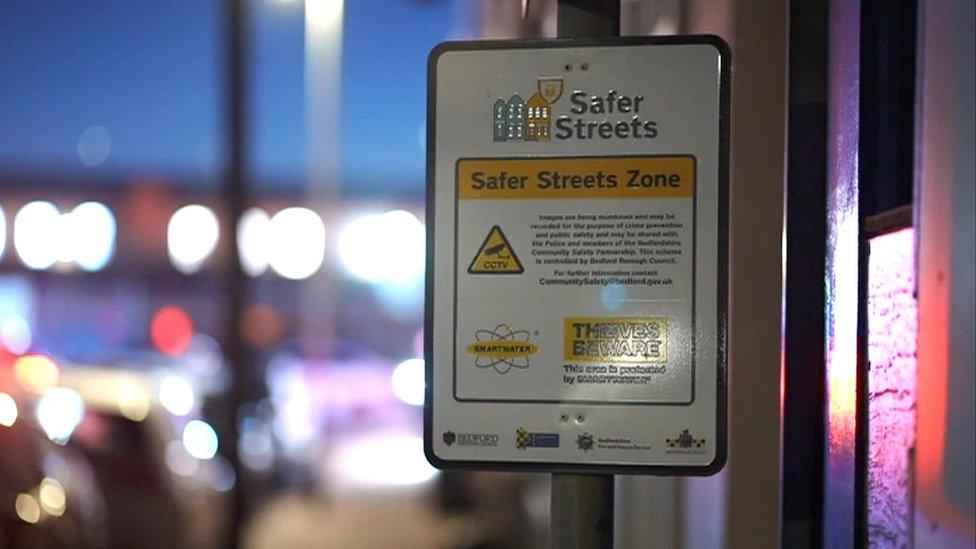
BBC Politics East went to Bedford to look at issues faced by women and the Safer Streets initiative aiming to counter violence against women
Policing is at a "crisis" point after the conviction of Met officer David Carrick for dozens of rape and sexual offences, a police and crime commissioner (PCC) said.
Carrick, of Stevenage, Hertfordshire, used his role to put fear into his victims, a court was told.
Festus Akinbusoye, Bedfordshire's PCC, said "when we don't have confidence in policing... we do not have policing".
However, he said he had "faith" in the officers of Bedfordshire Police.
Carrick, 48, who met some victims through dating websites, pleaded guilty to 49 offences across two decades.
The Met apologised after it emerged he had come to the attention of police over nine incidents, including rape allegations, between 2000 and 2021.
A senior officer said his offending was "unprecedented in policing".
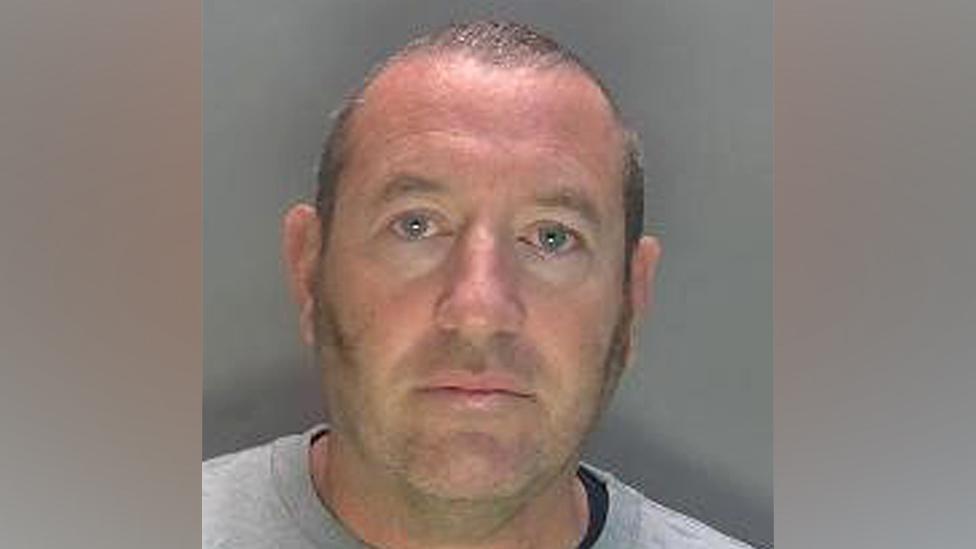
David Carrick admitted 24 counts of rape and numerous other offences
Mr Akinbusoye told BBC Politics East: "My view is when we don't have confidence in policing and trust in policing, we do not have policing.
"This is a crisis moment, and as with PCCs around the country we are having conversations with their chief constables, holding them to account around vetting, around re-vetting."
However, Mr Akinbusoye added he had "faith" in the officers of Bedfordshire.
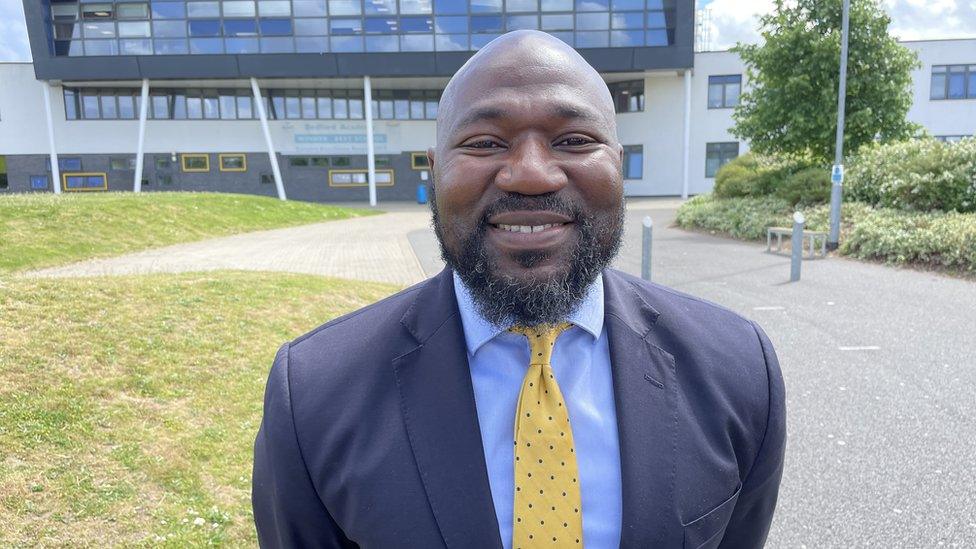
Mr Akinbusoye said he had confidence in the police in Bedfordshire
"They don't do this to get paid a fortune. I wish they could be paid a lot more. But their resilience I find very inspiring," he said.
"I know they will run to danger, when the rest of us will run away from it. In them I have confidence."
The Bedfordshire PCC has won more than £1m from the Home Office Safer Streets fund and is using some of that money in Bedford to tackle violence by men against women.
The money is being spent on more CCTV in key parts of the town and an education initiative in schools.
'Embedded in society'
Philip Eaton, project manager for Safer Streets, said: "You are never going to stop it [violence against women] completely in a short period of time. It's been embedded in society.
"About three or four years ago someone very close to me had their drink spiked - the person was like a ragdoll, they had no control over their body.
"So for me, to be part of this Safer Streets initiative is something I feel passionate about."
Dr Joanne Hill, senior lecturer at the University of Bedfordshire and a member of This Mum Runs jogging group in Bedford, said she knew many friends who had changed their routes and decided to run in busy areas to avoid being harmed.
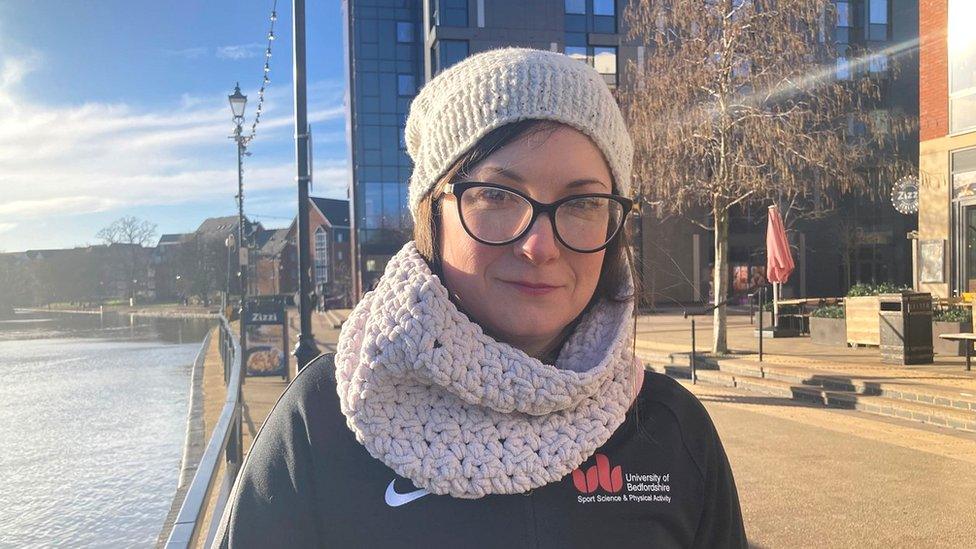
Dr Joanne Hill said she knew many friends who had changed their jogging routes to stay safe
"It is absolutely infuriating and frustrating as a runner that we, as women, have to change our behaviour in order to make places more safe for us," she said.
"It would be great if we had funding for that larger cultural shift so potential perpetrators, potential harassers will understand what is OK and what is not OK."
Lucy Bywater, who represents the Green Party on Bedford Borough Council, said the last round of Safer Streets funding helped close off alleys with security gates and pay for the installation of video doorbells.
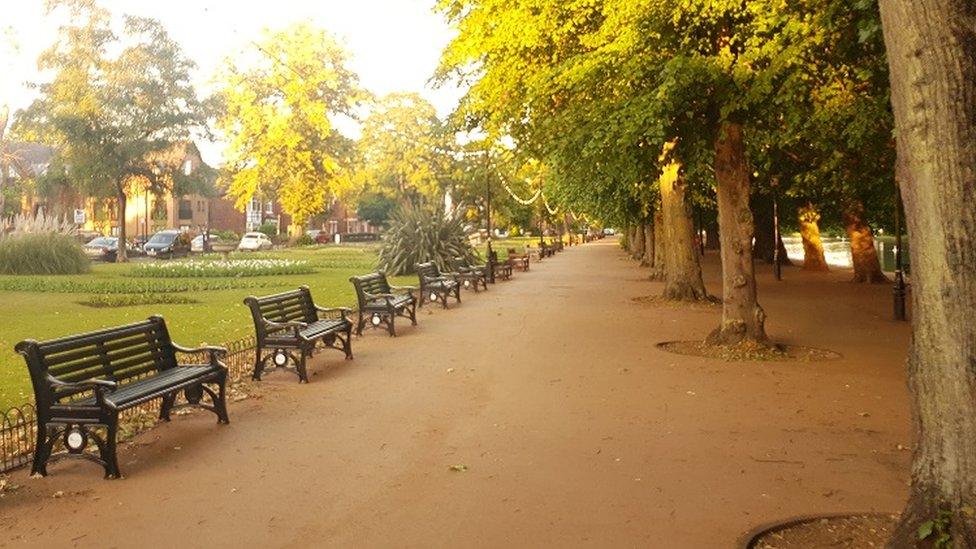
Women joggers run in groups for safety by the river in Bedford
But Ms Bywater added there were still major safety concerns.
"A lot of women in particular don't feel safe about going out after dark and that has a really big impact on their lives."
You can see more on this story on Politics East on BBC One on Sunday, 22 January at 10:00 GMT, with it also available on BBC iPlayer afterwards.

Find BBC News: East of England on Facebook, external, Instagram, external and Twitter, external. If you have a story suggestion please email eastofenglandnews@bbc.co.uk, external
- Published19 January 2023
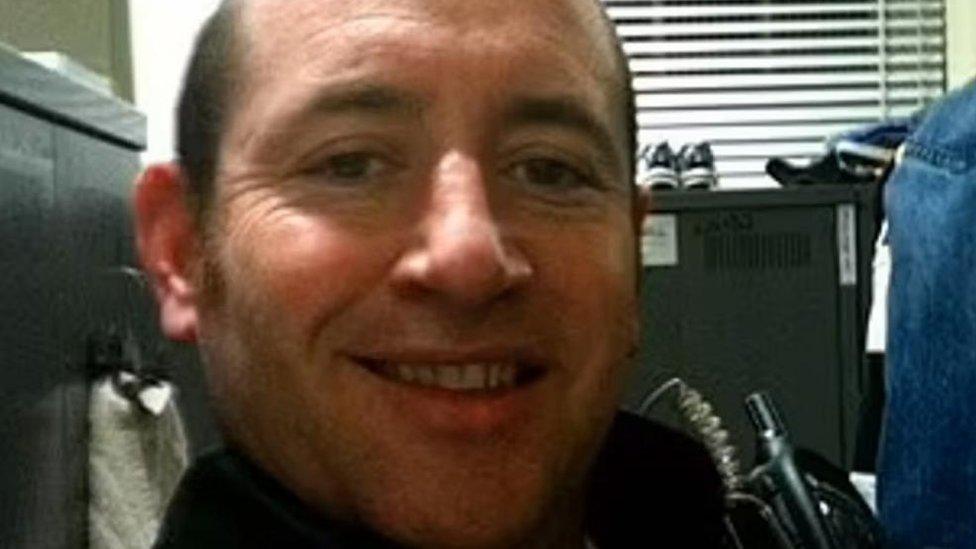
- Published18 January 2023

- Published16 January 2023
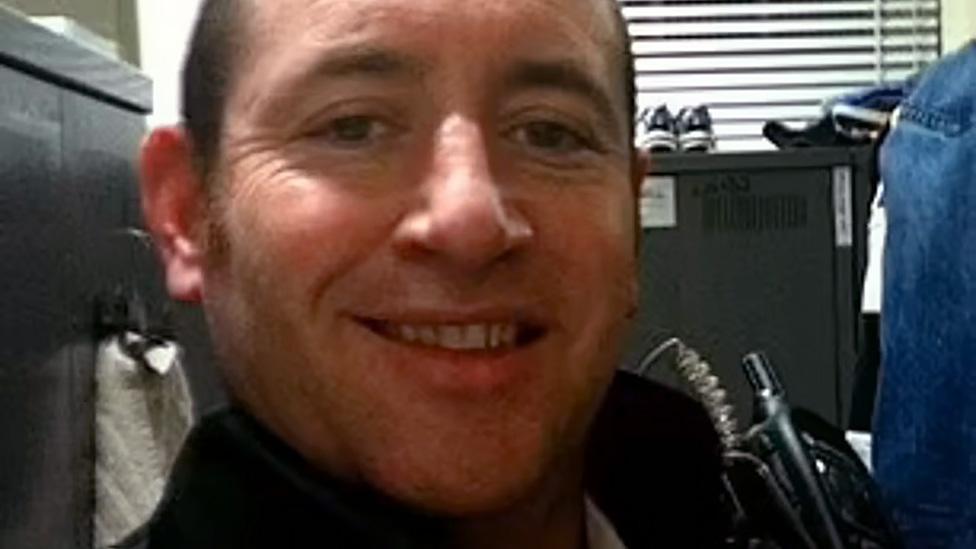
- Published22 August 2022
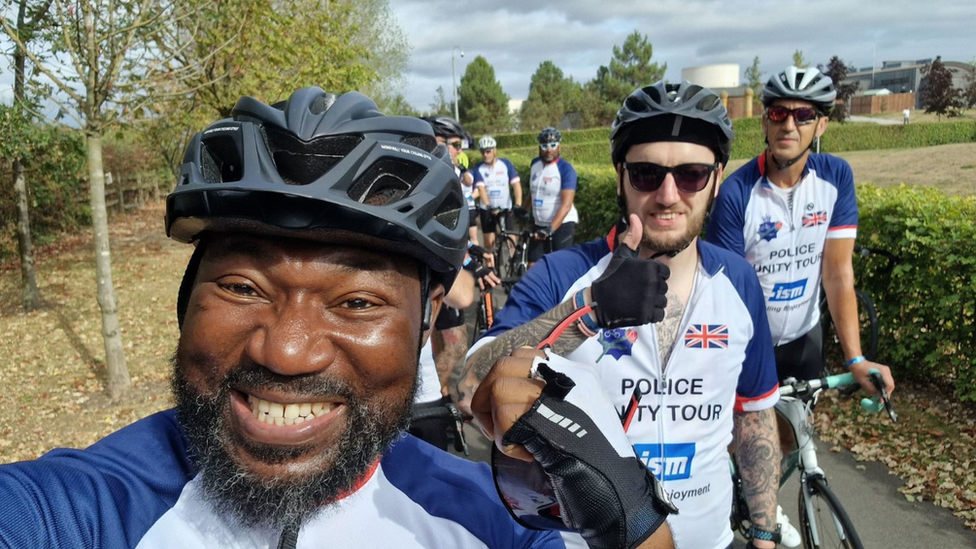
- Published18 May 2022
